Introduction to rib swelling
The ribs are the bones that form a cage-like structure around the chest, that serves to protect many important internal organs, especially the lungs, from damage inflicted by external sources.
Rib swelling is a condition that causes a loss of strength and a decrease in the normal functioning of ribs. When rib swelling occurs, it is usually a painful occurrence as well.
Every day activities that you never thought about before will hurt if you experience rib swelling, and the pain will be accompanied by discomfort and sharp pains in the ribs. It is, of course, not the rib bones themselves that become swollen, but the cartilage around them. This is medically known as costochondritis.
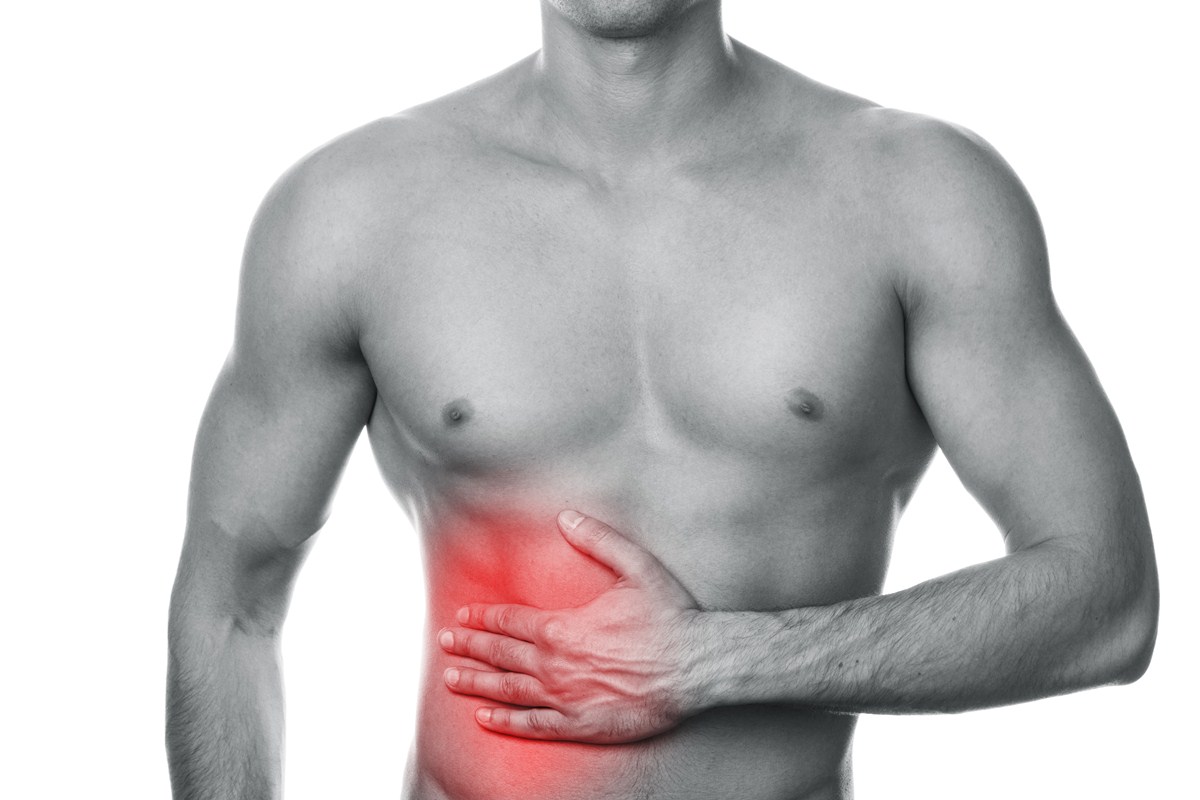
Causes of rib swelling
If a person applies pressure to the ribs and feels pain, this means that they are experiencing rib swelling.
There are many different factors that can trigger rib swelling.
One is a broken rib. When a person breaks a rib, they will experience severe pain and swelling. Such a rib fracture is usually caused by trauma, especially injuries incurred while playing sports or injuries from a serious accident, such as a car crash. When a person has a broken rib, deep breathing and movement of that area of the body will be fairly painful.
Bending and twisting the torso will also cause a significant amount of pain. People will feel pain in this area even when they sneeze, cough, or laugh, because the ribs are a very sensitive area.
Rib swelling can also result from some kind of chest injury.
Chest trauma can lead to rib swelling as well. For example, when a person is punched hard in the chest, then the rib cage will be affected as well in most instances.
Minor chest injuries can bruise the ribs, and even if they are not broken, there will still be a decent amount of pain, discomfort, and of course, swelling.
Lymphoma is a type of cancer that leads to swollen lymph nodes located in the chest and neck. One of the main symptoms of lymphoma is rib swelling, and it is important to get rib swelling checked out if you are feeling pain without injuring the ribs in any way because this type of cancer is very serious and life-threatening.
Lung cancer can also lead to swollen ribs. When a person is feeling constant pain in the lungs and the ribs develop swelling, then it could be a case of lung cancer.
Throbbing chest pain and persistent coughing that increases in severity are some symptoms of lung cancer that people need to be aware of, especially if they constantly have pain in the rib and chest area.
As for costochondritis, or swelling of the protective cartilage around the rib case, people often develop this without doctors being able to determine the cause. One variation is Tietze syndrome, an uncommon medical disorder that leads to swelling of the ribs without any identifiable cause at present.
What to do if you think you are experiencing rib swelling
Any person who experiences chest pain, difficulty breathing, sometimes accompanied by other symptoms like fever, coughing up thick phlegm, or feeling especially weak, should see a doctor, especially if they have no idea how they came by these symptoms (that is, you don't already know what happened, because you were, for instance, in a fight or had a vigorous contact sport session).
Because many medical conditions can produce similar symptoms, you should not assume you know what is going on. Similar symptoms can also indicate cardiovascular issues or respiratory infections, for instance.


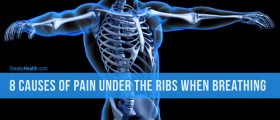
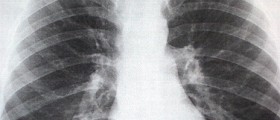

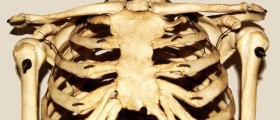




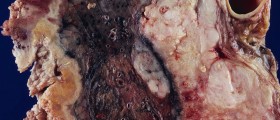



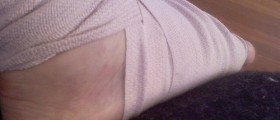

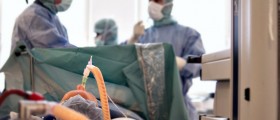
Your thoughts on this
Loading...